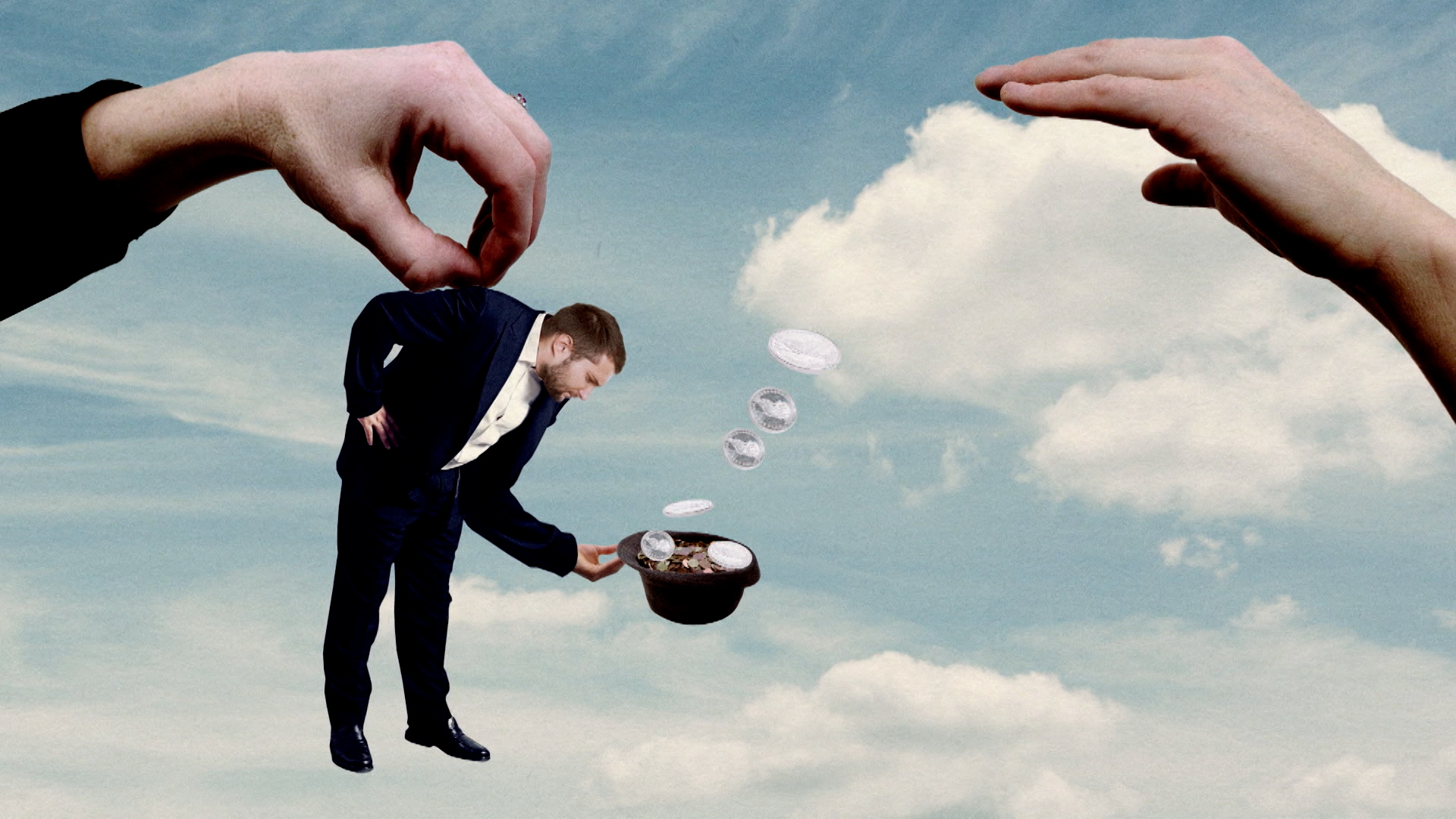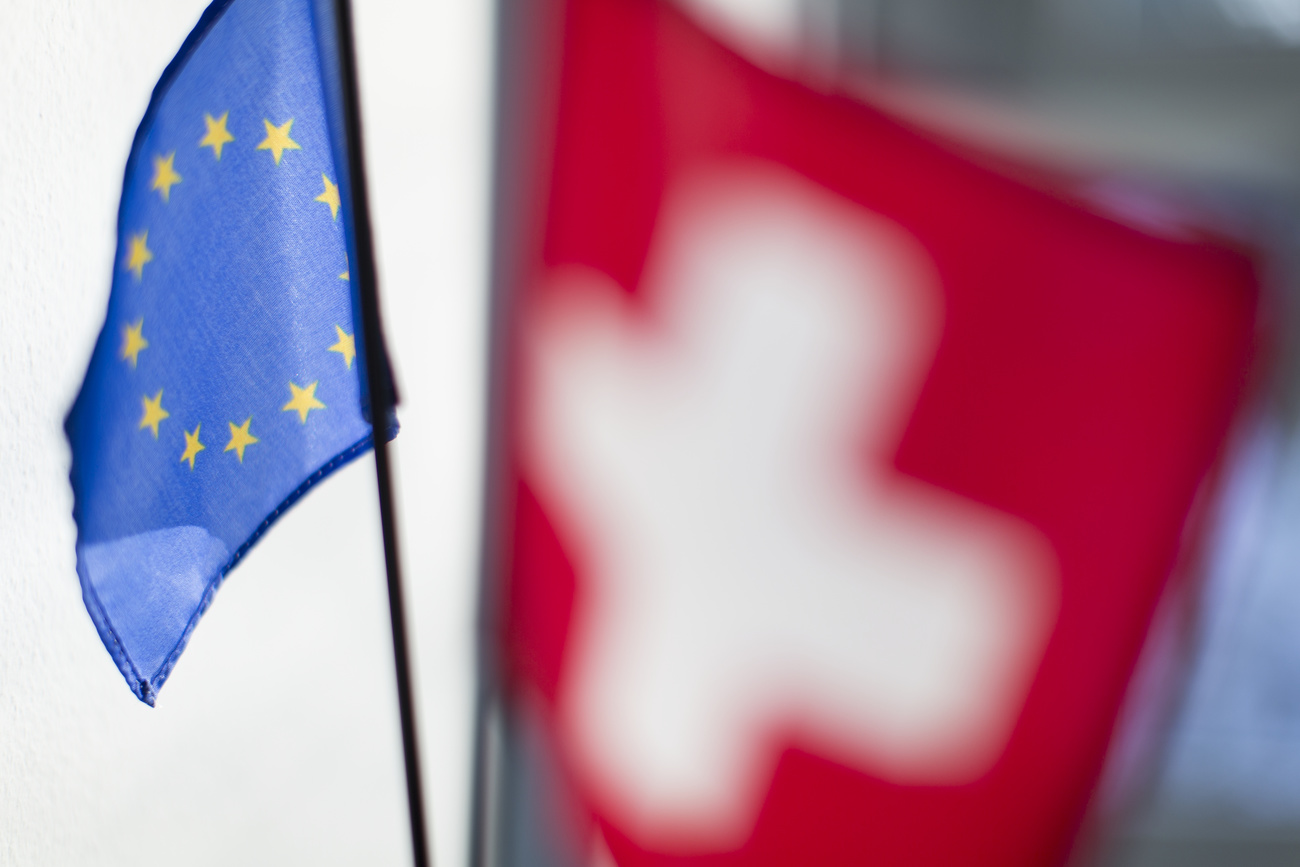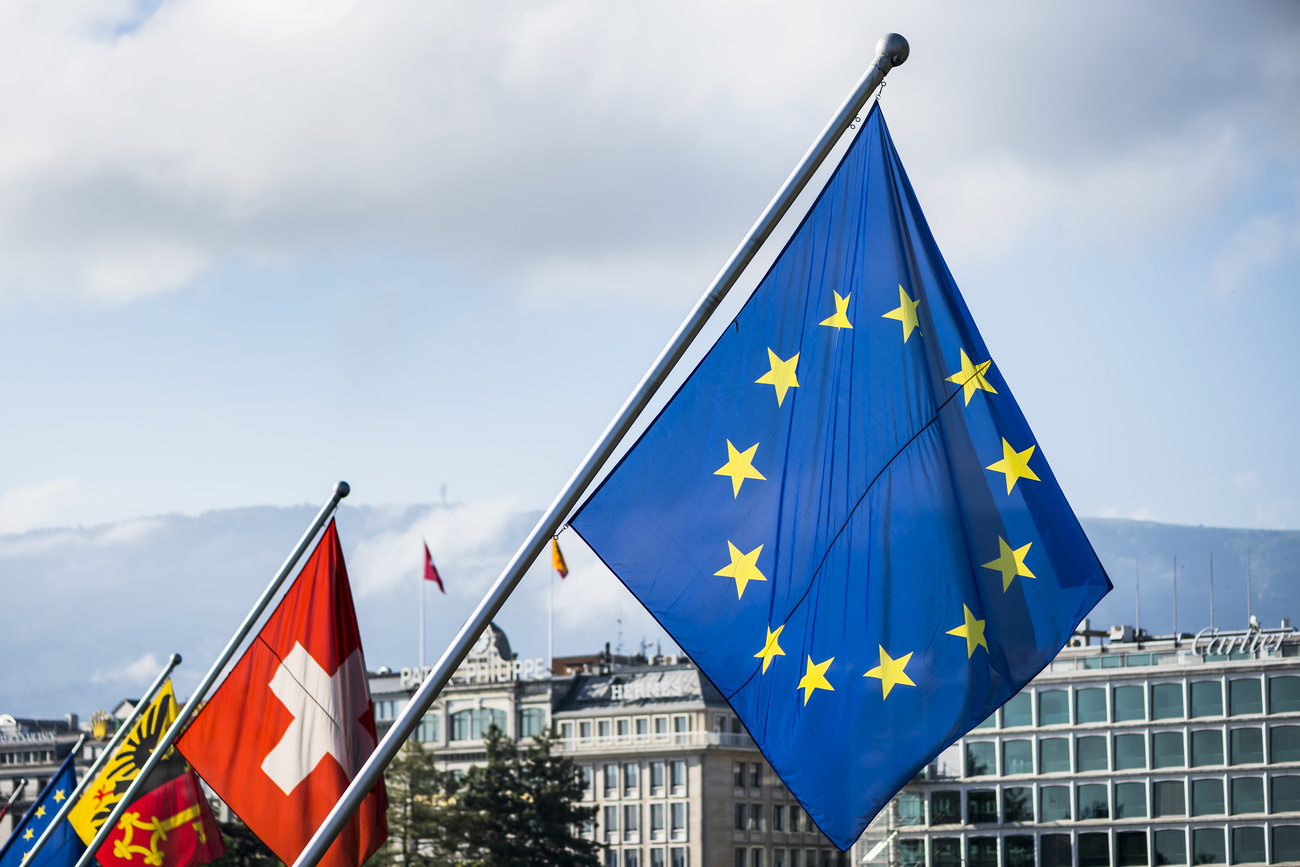Why is Switzerland not in the European Union?

Switzerland and the European Union have a complicated relationship. The recent decision by the Alpine nation to definitively shut the door on a framework agreement with the EU reaffirms its attachment to its independence. It shows that 30 years after refusing to join the EU, Switzerland's stance has only been reinforced. We look at some of the main reasons why.
For years Bern and Brussels have been working to recast their long-term relationship. In the latest twist, last week the Swiss government presented its new plan – a broad new series of sectoral accords instead of an overarching treaty.
“National independence is part of our history and identity,” declared Swiss President Ignazio Cassis on February 25.
For the EU, Switzerland is a tricky customer. In 1992, the country voted “No” to joining the European Economic Area (EEA); in 2021, it unilaterally broke off negotiations on a framework agreement with the EU. When it comes to economic cooperation, Switzerland always says “Yes, great”, but when the question turns to greater political integration, or even membership, it says, “No, thanks.” This has earned it a reputation for cherry-picking in Brussels.
Many Swiss see things differently. They like to consider themselves a freedom-loving, independent people who are willing to stand up to foreign masters (and commission presidents) William Tell-style. “Switzerland is too rich and too stable to want to join the EU,” says Fabio Wasserfallen, a professor of European politics at the University of Bern. This motive is more important than a love of freedom, he argues.
So, is it really all about mentality or money? Why does Switzerland tend to always apply the handbrake in its relations with the EU? We have listed some of the most important reasons.
It doesn’t add up
Switzerland is not that special, says Wasserfallen. It is just that many factors that make joining the EU attractive for other countries are not important to Switzerland. “On the one hand, Switzerland is not exposed to Russia, so the security aspect is missing. In contrast with Spain or Greece, which still suffered under dictatorships in the 20th century, there is no desire to join from the point of view of political stability,” says the professor. Switzerland is one of the most politically stable countries in the world.
From an economic perspective too, membership is no longer that appealing. Since the EU expanded eastwards, joining is less attractive for a country like Switzerland, Wasserfallen says. That is also true for countries like Denmark or Sweden, he adds. “It’s possible that one or two other EU countries wouldn’t join today.”
The ‘special path’ has proven beneficial
What is more, Switzerland’s special status has worked out well. Stefanie Walter, a professor for international relations and political economy at the University of Zurich, puts it like this: “The arrangement with bilateral contracts has so far allowed Switzerland to have a close but direct relationship with the EU tailored to Swiss needs.” It is therefore not surprising that the majority of the population and a majority in the political and business worlds want to keep the status quo, she says.
Switzerland is too rich
One of the biggest problems from the Swiss perspective is the wealth divide. Switzerland would not only be one of the net contributors to the EU – one of the countries which pays in more than it takes out – but Swiss wages are also considerably higher than in the EU. Switzerland is therefore afraid of “wage dumping” and immigration into its welfare system.

More
Switzerland and the EU: close, but not too close
“In my view, the free movement of people is an important argument against being in the EU for many Swiss as well as the British,” Walter says. There are large numbers of EU migrants in Switzerland, just as there are in Britain, she says.
Wasserfallen shares this view: “The free movement of people already causes tangible problems in relation to wages.” Switzerland is particularly exposed for geographical and language reasons – it is easier for a French person to work in western Switzerland than to learn a Scandinavian language.
Direct democracy
The Swiss electorate can vote on issues several times a year, including on a national level. Direct democracy is a national sacred cow. Many Swiss people worry that EU membership would curtail their rights to political participation because some EU authority would quash referendum decisions.
One of the best-known political analysts in Switzerland, Claude Longchamp, sees direct democracy as the most obvious hurdle to EU membership. He points out that a majority of the Swiss electorate and a majority of the cantons would have to approve EU accession. The latter, especially, would be difficult to secure.
Wasserfallen also sees direct democracy as a reason, at least historically, why Switzerland is not in the EU: “Accession to the EEA was narrowly rejected in a referendum in 1992. If it had been approved, things might have turned out differently.” Put a different way: direct democracy already laid out a path away from the EU 30 years ago.
Fear of a loss of sovereignty
Sovereignty is often brought up when arguments against EU accession are listed. “Foreign judges” has become a political slogan. For some sectors – for instance, in high finance – Switzerland’s relatively slim regulatory framework compared with the EU’s is a market advantage. Sovereignty over the legislative process is not to be given up lightly.
According to Longchamp, this is a question of mentality: “Switzerland actually wants to be as independent as possible.” A clear majority of the population shares this stance.
Protectionist agriculture
In Iceland it’s all about fishing, in Norway it’s the oil industry that hinders EU membership. In Switzerland a major obstacle is the highly subsidised agricultural industry protected by import tariffs and quotas. “It would be a problem to make the Swiss subsidy regime compatible with the European system,” Wasserfallen says.
Neutrality as a trademark
Switzerland’s non-membership of the EU means it is viewed as more neutral than countries like Austria, Ireland or Sweden. EU accession would weaken Swiss neutrality. Neutrality as a trademark helps Switzerland promote its “good offices” and position Geneva as a host city. In comparison with its competitors – Vienna, Oslo and Helsinki – Switzerland is better positioned if it is not in the EU.
Wasserfallen says that good offices are more important for countries like Switzerland and Austria than the increased weight attached to EU membership. “France wants to be in the EU because it can exercise more influence globally that way,” Wasserfallen explains. “Unlike France, Switzerland has never had ambitions to be a global player.”
What next?
So there are a number of reasons why Switzerland doesn’t want to join the EU and even rejected a framework agreement with Brussels last year. But what does Switzerland want instead?
In the latest development, last week the Swiss government laid out its negotiating position for a fresh attempt at rebuilding ties with the EU.
Swiss government ministers confirmed once and for all that the EU’s desired framework treaty approach “is no longer being considered”. It has now decided to seek a broad new series of sectoral accords instead of an overarching deal. It is not clear how Brussels will react to the proposal.

More
Switzerland insists on separate bilateral deals with EU
Switzerland appears to want everything to remain as it is. The problem, Walter says, is that the EU is aware that the status quo brings Switzerland advantages that even some EU countries don’t have. “This is problematic for the EU because it awakens envies.” Longchamp, the political analyst, also says that the EU has turned away from the concept of partial membership.
“We Swiss hope that the EU goes under before Switzerland does,” Longchamp says. “In the next Swiss legislative period [2023-2027] there will be fireworks,” he predicts. “It will be impossible to ignore the issue any longer.” But even this uproar won’t lead to EU membership. Instead it will lead to a second debate about the European Economic Area. So after 30 years we will be back to square one in the long-running Europe-Switzerland tug-of-war.

In compliance with the JTI standards
More: SWI swissinfo.ch certified by the Journalism Trust Initiative











Join the conversation!